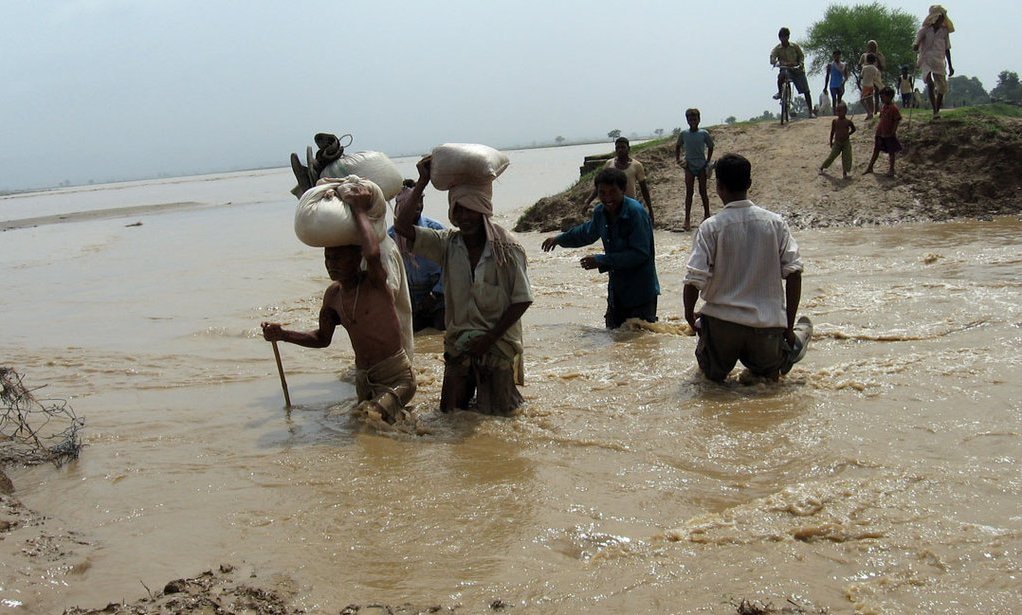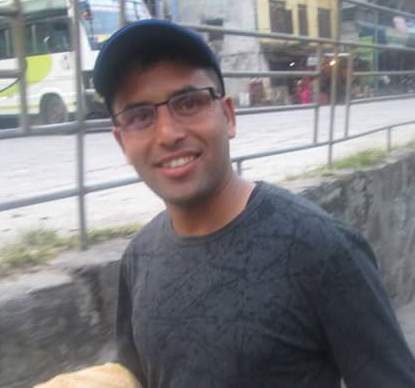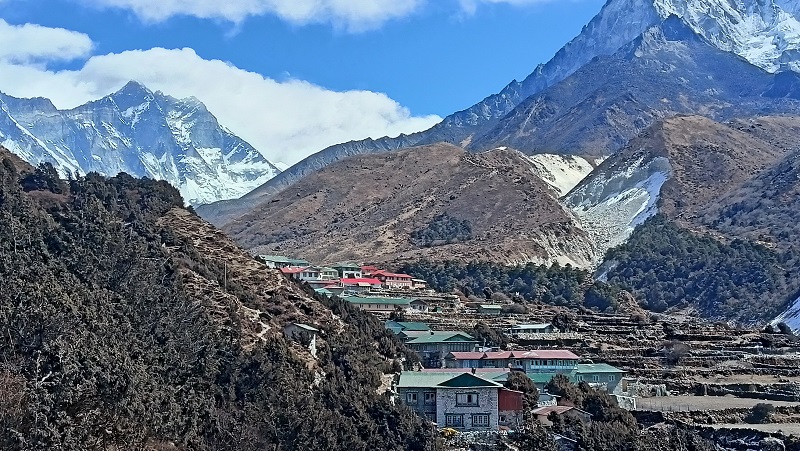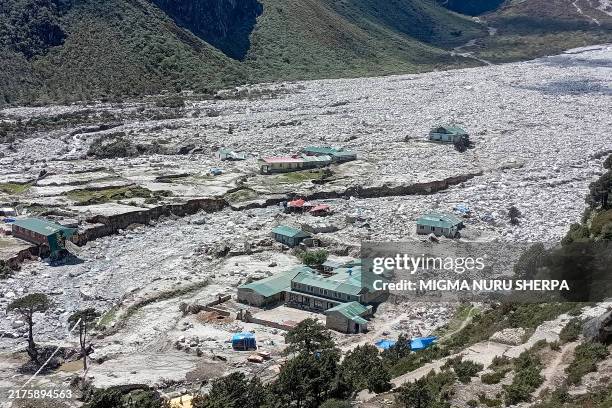Twinge of Terai


Nepal is in utter pain at present. Resettlement of the earthquake’s victims is yet unfinished and another natural disaster in terai added the plight. The low belt of Nepal (Terai) is engulfed in the flood claiming the lives of more than five score people and other livestock, and making 19 thousand households homeless. Loss of paddy field and other crops is unimaginable and the fertile land is now converted into the desert. It is almost destroyed and might take a long course of time to regain its previous state. The parents floating away the corpse of their dead child is melancholic due to the lack of proper burial place. The twinge of terai makes everyone emotional. It seems there is no presence of the state to protect the lives.
People in the Terai are in urgent need of rescue, relief, and rehabilitation. For now, what they need for is basics: hygienic food, safe drinking water, and a comfy place to live. Rescue management team, and concerned authorities should take the immediate actions to prevent the further damage. Instead of making fuss and sticking into unending political deadlock, the politicians should entirely concentrate on the well being of the flood victims.
It is not the time to be the onlooker but to contribute something to protect the life of the people in terai for the humanitarian cause. The greatness of Nepalese lies here and it may help fostering mutual understanding lessening the gap between Madhes and hills. This might be the right time to strengthen the brotherhood and fraternity among the people in the nation. We should not feel ashamed to extend our hands for the support that is for the right cause. One Nepali should feel the suffering of other.
With no sufficient disaster management manpower and equipments, it is really challenging to address the issue in due time. We always panic to blame others for what we can do even if it is within our capacity. We often hear people charging our neighbor for such pang. We cannot see our citizens dying in front of our eyes due to the idiocy of stake holders. There are still no enough mechanisms for quick disaster response. In such situation, we have no options then to observer the people suffer. Preliminary safety is the most despite lamenting over after the loss.
Instead of culpability, we should be responsible to alert the men in action time and again and do something by ourselves. This is not the time to wait and see what others do. Lets us unite to support the disasters victims. Our insignificant effort contributes a lot at such needy hours.

 Bhoj Kumar Dhamala
Bhoj Kumar Dhamala




Feedback